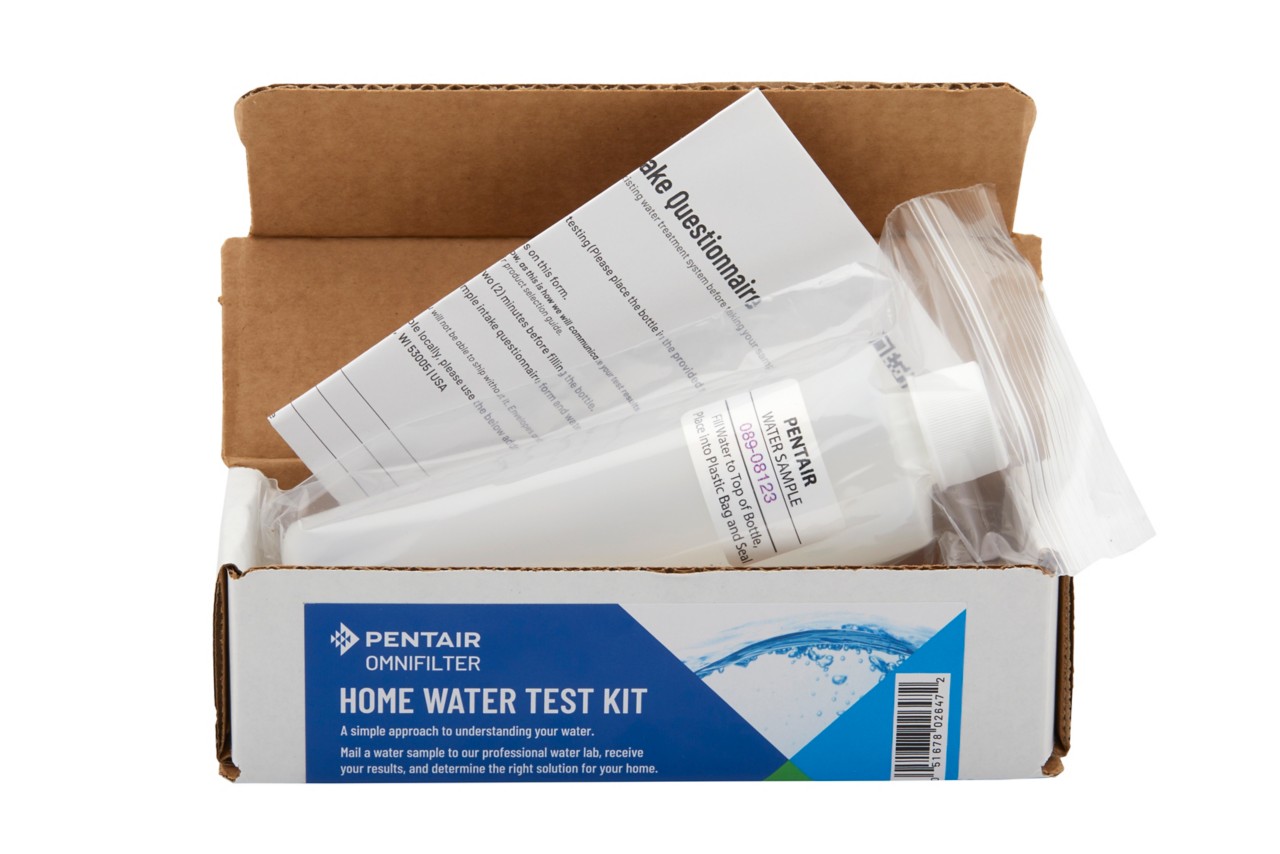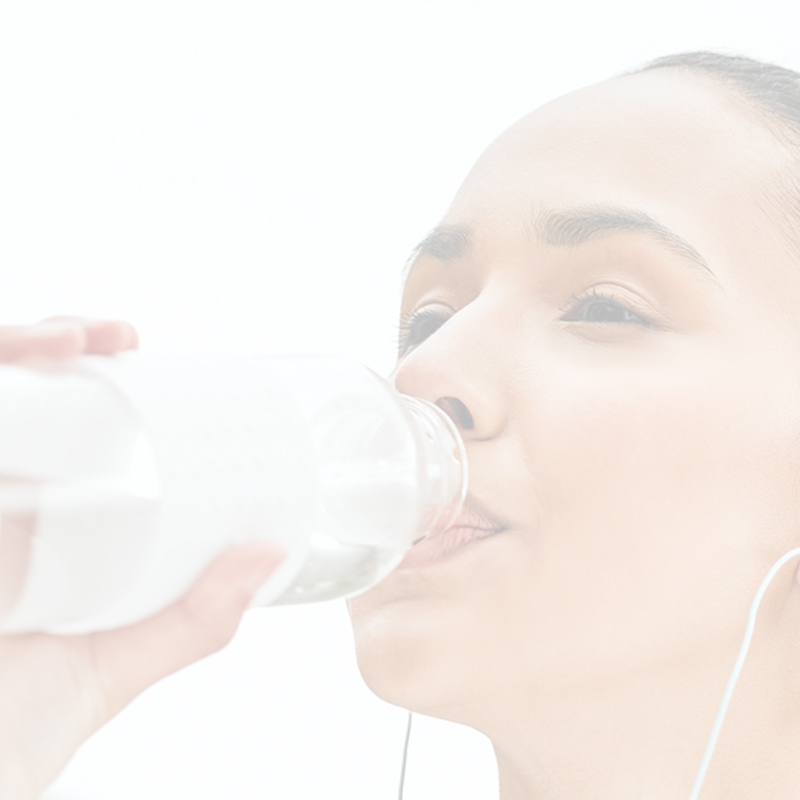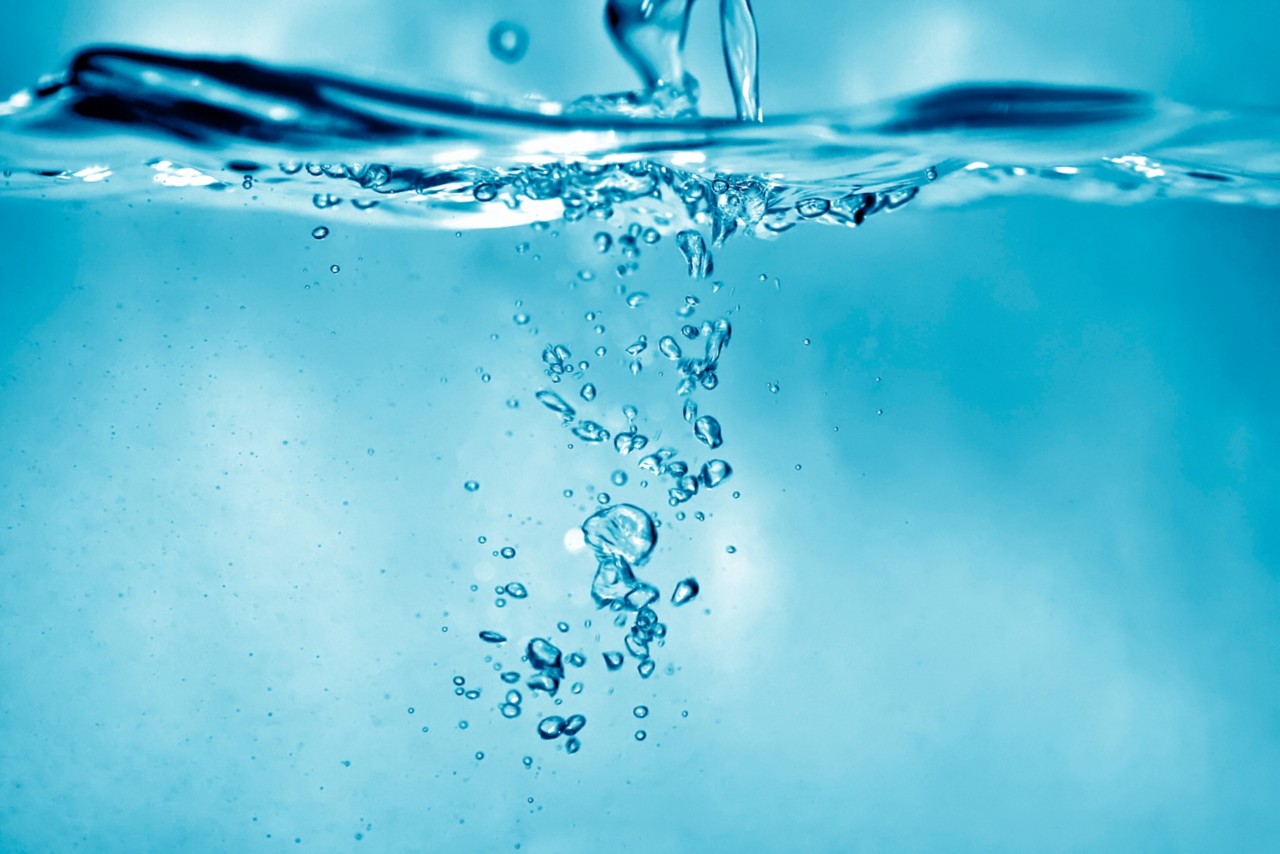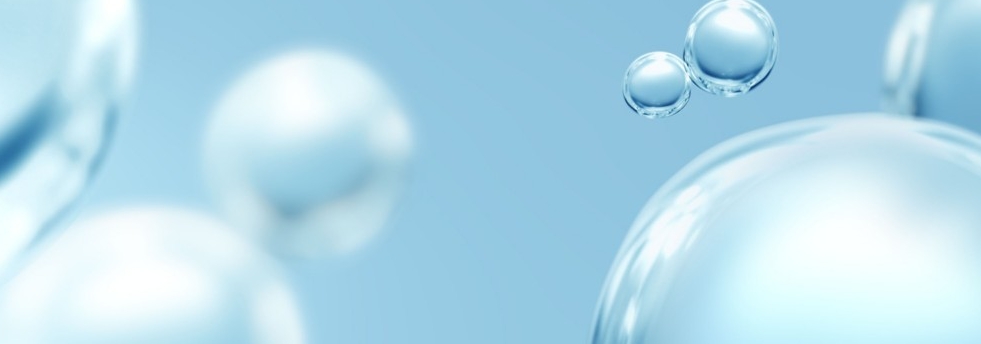Stop Wasting Water and Money. FIND A LOCAL PRO
Alkaline water has become a popular trend over the past couple of years, but what exactly is it? Keep reading to learn more about alkaline water and how to make your own alkaline water at home.
What is Alkaline Water?
The “alkaline” in alkaline water is a reference to the pH scale, a measurement of how acidic or alkaline a substance is. The pH scale ranges from 0 to 14. Anything with a pH level between 0 to 6.9 is considered acidic, whereas anything with a pH level between 7.1 to 14 pH is deemed alkaline. According to the Environmental Protection Agency, regular drinking water usually has a pH level of between 6.5 and 8.5. On the
other hand, according to WebMD, bottled water that is alkaline has a pH level above 7.
To better understand the pH scale, here are examples of acidic and alkaline
substances along with their pH levels:
- 0 — Battery acid
- 1 — Stomach acid
- 2 — Lemon
- 3 — Soda
- 4 — Tomato
- 5 — Coffee
- 6 — Milk
- 7 — Pure water
- 8 — Blood
- 9 — Baking soda
- 10 — Milk of magnesia
- 11 — Soap
- 12 — Ammonia
- 13 — Bleach
- 14 — Drain cleaner
We are water Experts
Water quality is non-negotiable. To prove it, we've built state-of-the-art water quality labs and filled them with the best and brightest scientists — all so we can provide you with the best water of your life.

Is Tap Water Alkaline?
The pH level of tap water depends on where you live and whether you’re getting water from a private well or your city. According to the Environmental Protection Agency, tap water offers a pH level between 6.5 to 8.5. If you’re curious about your water’s pH level, fill a glass with tap water and test it with a pH meter.
Is Filtered Water Alkaline?
Using a filtered water system helps reduce contaminants to help make your water cleaner and better-tasting. Yet, there can still be trace amounts of acidic or alkaline minerals in your filtered water. The best way to discover if your filtered water is more alkaline or acidic is to fill a glass with filtered water and test it with a pH meter.
What's in your water?
start here
Worried about your water? Take control with our at-home water test kit. We'll analyze your water and recommend the best filtration or softening solution for your specific needs.

How to Make Your Own Alkaline Water
If you want to make your own alkaline water at home, it’s relatively easy. There are two ways you can make it:
Version 1 (Via Gaiam)
Ingredients
- 1 gallon of filtered water
- ½ tablespoon of baking soda
Steps
- Fill a gallon container with filtered water.
- Mix baking soda into the water.
- Shake the mixture vigorously until the baking soda completely dissolves.
Version 2 (via Women's Health Network)
Ingredients
- 1 quart of filtered water
- 1 lemon
- ½ teaspoon of sea salt
Steps
- Fill a quart-sized container with filtered water.
- Cut a lemon in half.
- Squeeze the juice from one half of the lemon into your water.
- Cut the other half of the lemon into slices and add it to your water.
- Add sea salt and stir until dissolved.
- Refrigerate your water for two to four hours to allow the lemon to infuse.
If you want to transform your home drinking water into refreshing, better-tasting water, consider purchasing a premium water treatment solution from Pentair. Contact a water expert today and we’ll help you find the right system for your needs.

Water 101
Unleash the secrets of your H2O! Explore where water originates and discover the various water filtration solutions that transform it into drinkable water.
Related Articles
Disclaimer: The information on this website has not been reviewed by the FDA. Products offered for sale herein are not intended to treat, cure or prevent any disease or health condition. No medical claims are being made or implied. Contaminants mentioned are not necessarily in your water.







